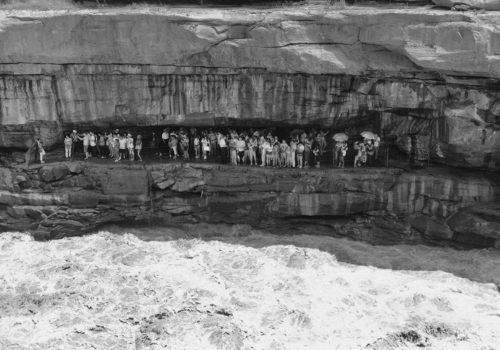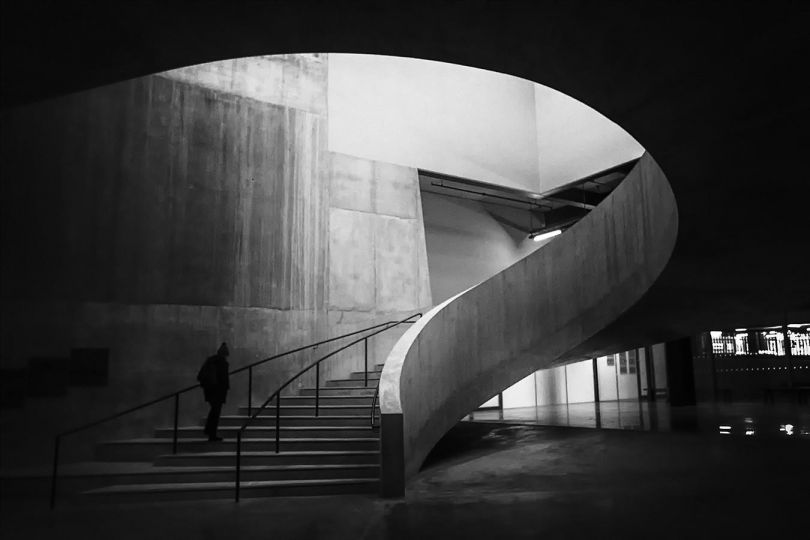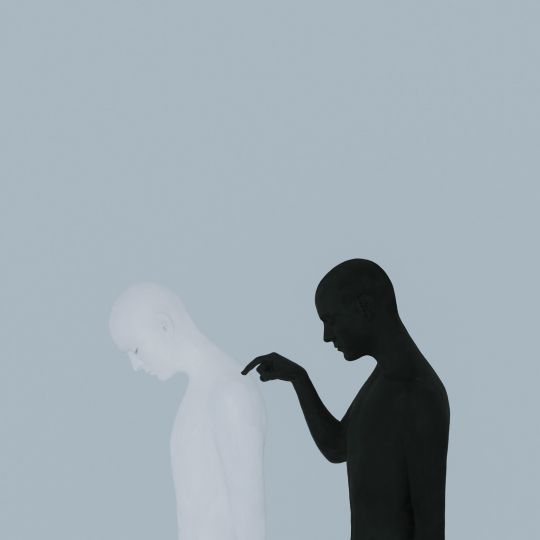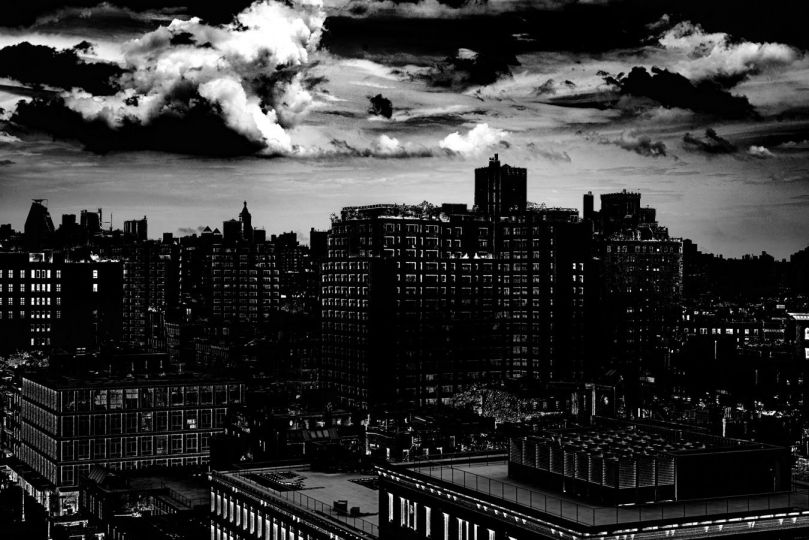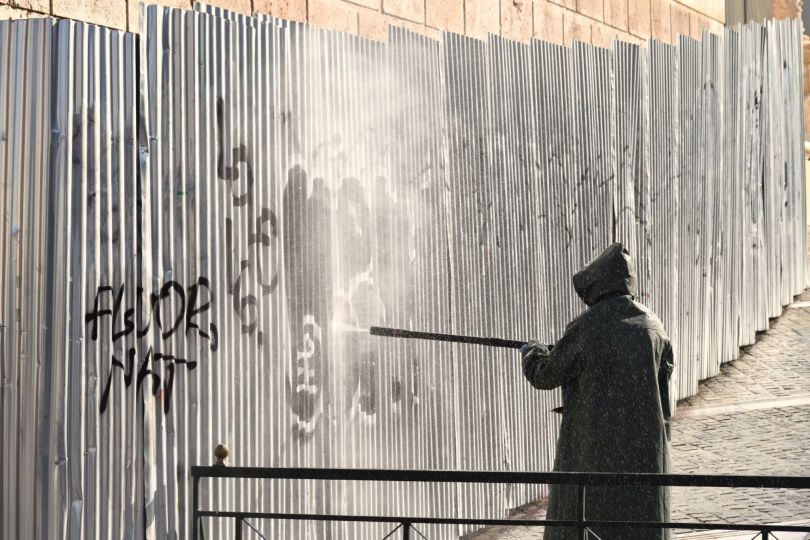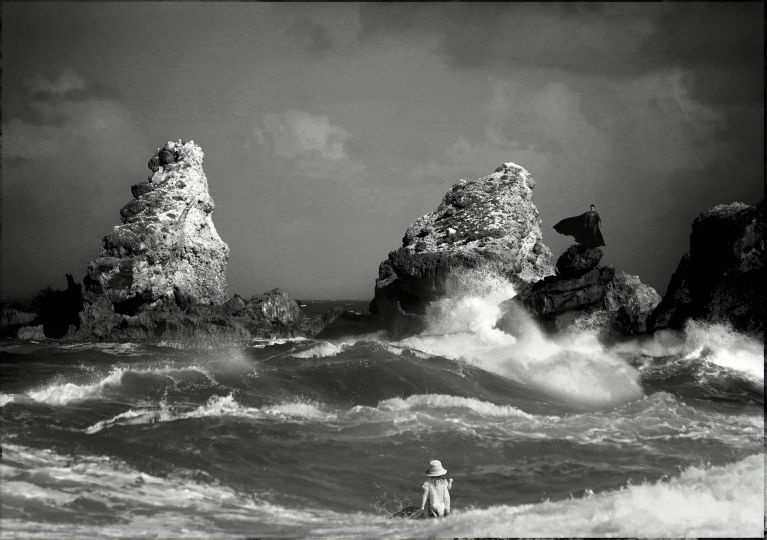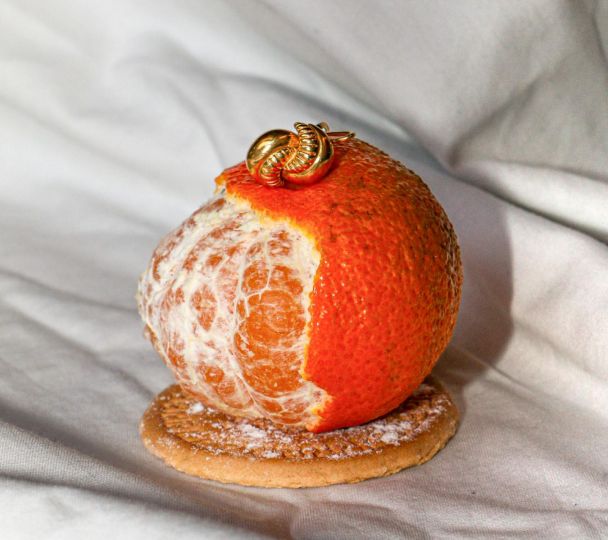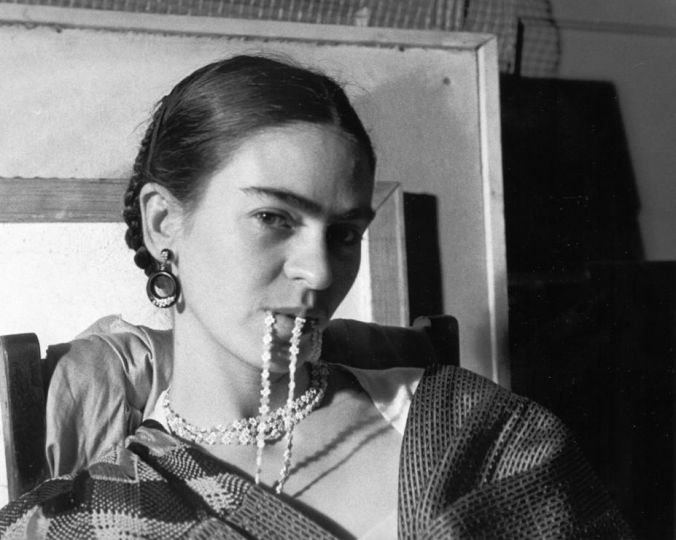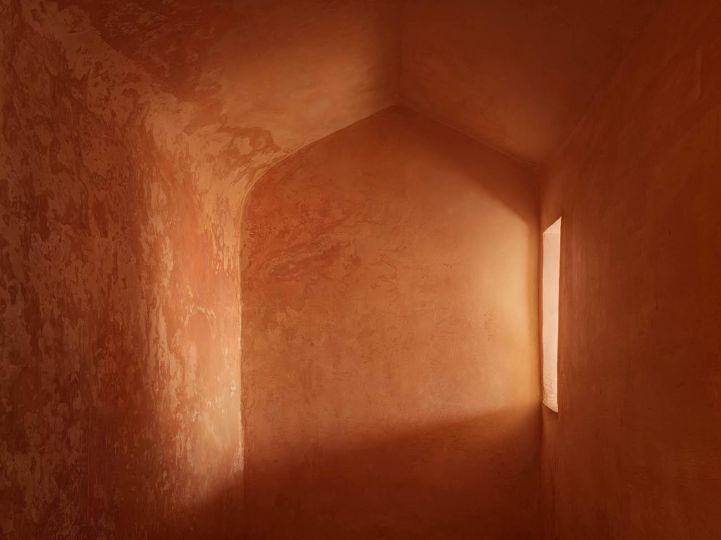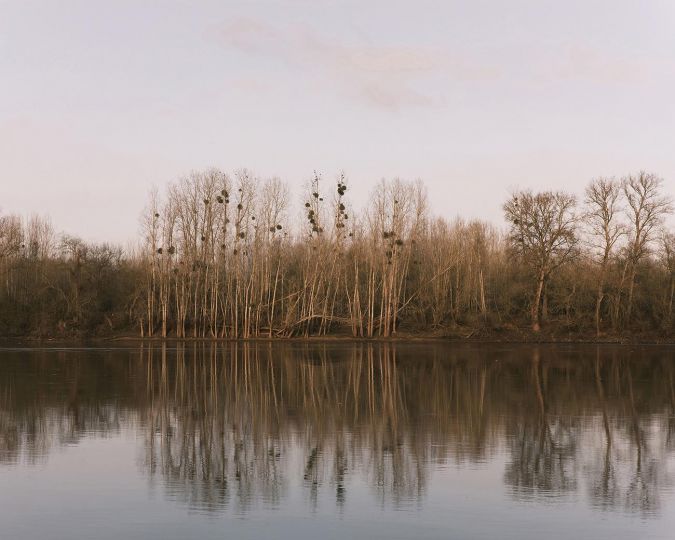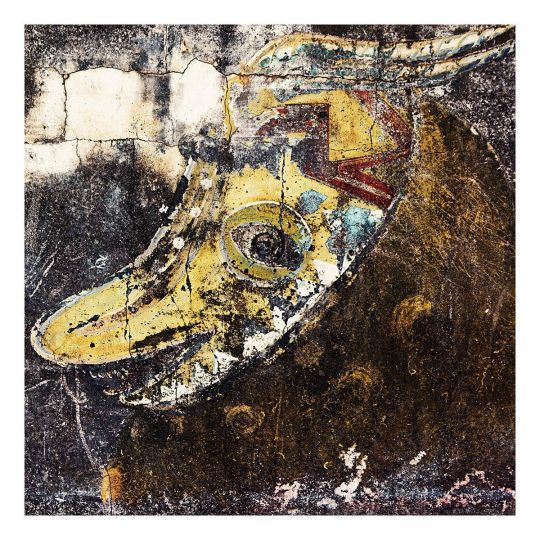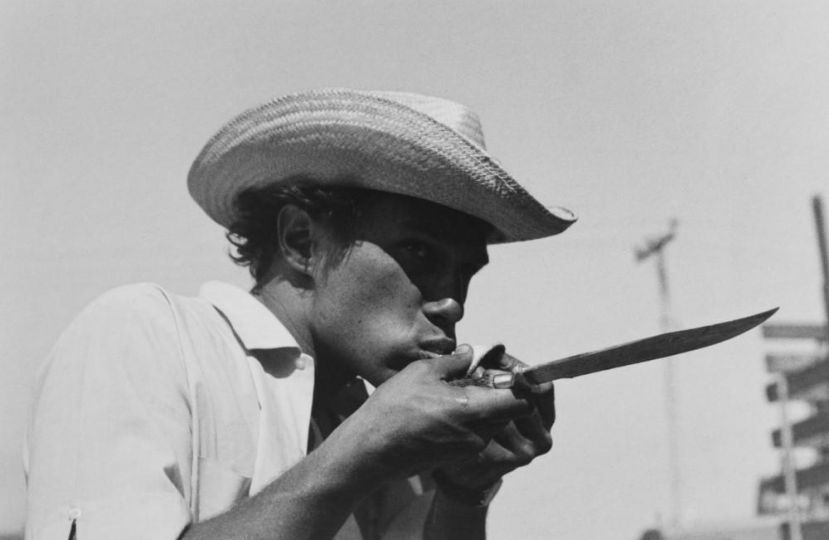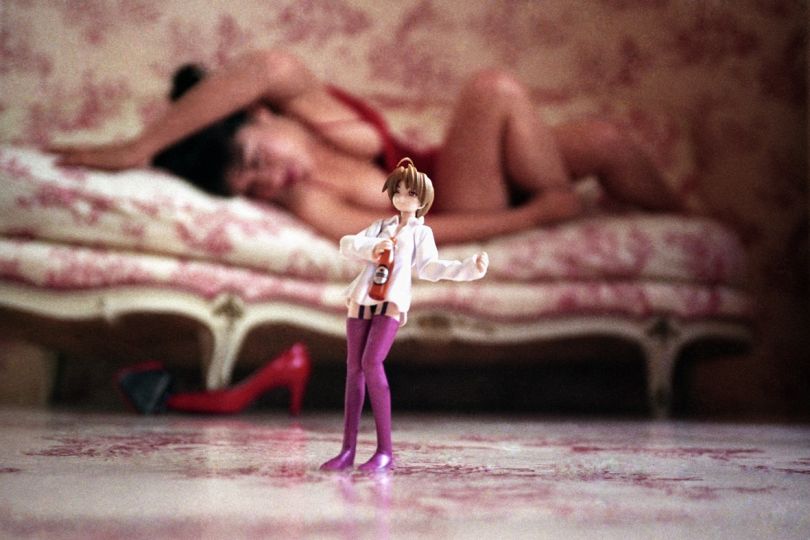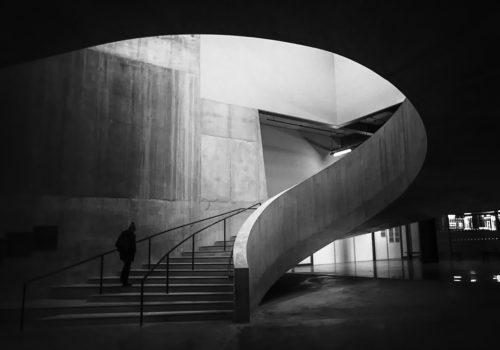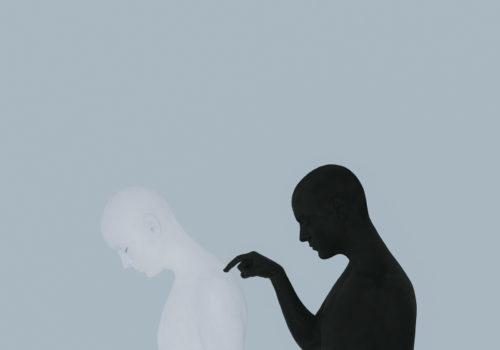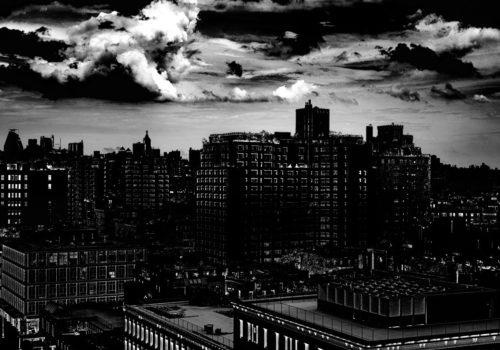To kick off the new year, Miyako Yoshinaga present Coexistence, an online-exclusive exhibition featuring landscapes by four gallery artists: Jonathan Yukio Clark, Koyoltzintli, Lisa Ross, and Hai Zhang. From documenting villages on the Hawaiian coast and the indigenous cultures in New Mexico to witnessing children at the winery near Helen Mountains and the Uyghur Region surrounding the Taklamakan Desert of China. This exhibition threads through each artist’s unique cultural perspective on the interconnections between the civil and wild world. These works disintegrate the barriers between nature and city, documenting their coexisting relationship across cultures and continents, and investigating our universally physical yet ephemeral footprints in the environment.
Seeing dislocated furniture in the exterior shatters the conventional perception of civil space and urban life. Hai Zhang’s Utopia, February 2006 documents a couch left off on Highway 231 near Troy, Alabama, whereas Lisa Ross’ Ancient Tree with Bed witnesses the unique tradition of Turpan farmers sleeping in barren hills during harvesting season. The absence of human figures in both Zhang and Ross’ images calls upon the pursuit of harmonious association and reassessing the boundaries of interior and exterior spaces between civilization and the wilderness.
Exploring individual ethnic identity and cultural heritage through interactions with the living environment is another artistic approach toward human-nature conjunction. Hawaiian-born artist Jonathan Yukio Clark’s wooden sculpture Untitled (Windows), made from native island wood, is inspired by the “shakkei” aesthetic from his Japanese heritage. Koyoltzintlil, with Ecuadorian origin, follows a similar approach in Gathering Roots and Holding Up the Sky, where she probes the intimate connection shared by Kichwa indigenous females and their Mother
Earth, bonded by ancestral mythologies and storytellings. In both Clark and Koyoltzintlil’s works, the optical effects of multidimensional spaces are made by landscape manipulation, recasting the coexistence of the natural and built worlds.
Participating Artists:
Jonathan Yukio Clark is a multidisciplinary artist based in Hawaii, fascinated by how the natural world integrates with the built world. Clark investigates how our relationship to the environment is framed by the architectural structures that negotiate the transition from interior to exterior. His work explores the Japanese concept of “shakkei” (literally translated as “borrowing scene”), which speaks to the integration of the greater natural environment into human-scale aesthetics, not only in the visual borrowing of expansive vistas framed through gardens or architectural features but also in the spiritual incorporation of impermanence into the stability of built or inhabited spaces.
Koyoltzintli (formally Karen Miranda-Rivadeneira) is an Ecuadorian American artist and healer from Queens, New York, who investigates Indigenous ways of relating to the land through photography, video, ceramics, and sound. The artist captures a multifaceted exchange between herself and the land, achieving levels of intimacy as both a creator and a subject, an intimacy often withheld through the Westernized lens of photography and the video’s history of colonial bias. In recent years, she has been repeatedly nominated for Prix Pictet and received the 2022 Latinx Artist Fellowship from The Mellon Foundation, which supports the most compelling Latinx artists working in the US today.
Lisa Ross is an American New York-based artist who investigates physical manifestations of faith and its fragility due to political suppression. Ross has photographed in the Sahara and Sinai and later explored pilgrimage sites of Uyghur shrines in the Taklamakan Desert. Their hand-made markers of faith leave an indelible mark on the landscape—touching on cycles of life and death, pilgrimage, and sainthood. They are an affirmation of existence, a collective experience that is overpowering in its very humility. Ross published her monograph “Living Shrines of Uyghur China” in 2013. Ross’ work was featured in important publications and art magazines, including The New York Times, The New Yorker, and Artforum.
Hai Zhang is a social documentarist and photographer. Zhang frequently visits his homeland China, where the economic prosperity in the big cities visibly affects the lives of those in small towns and remote areas. He documents these unprecedented changes and the historically and culturally complex locales and their inhabitants. His other ongoing subject is America’s South. In 2022 Zhang received a fellowship from the India China Institute at The New School to create “BEING,” the digital archive of his photographs taken in China from 2008 to 2019.
Coexistence
Jonathan Yukio Clark, Koyoltzintli, Lisa Ross, and Hai Zhang
January 11 to February 15, 2023
Miyako Yoshinaga
www.miyakoyoshinaga.com

